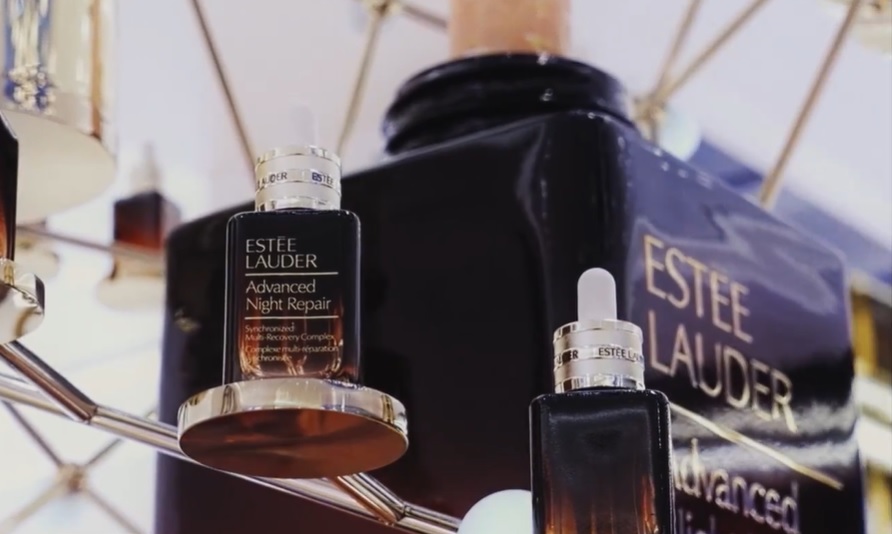Estée Lauder Launches Responsible Store Design Framework

Prestige beauty company Estée Lauder Companies (ELC) announced the launch of its new Responsible Store Design program, providing a framework for assessing new and existing stores across sustainability-related areas including waste reduction, water and energy conservation, and responsible material sourcing.
According to the company, the new program is aimed at supporting ELC’s progress towards its environmentalEnvironmental criteria consider how a company performs as a steward of nature. More commitments and engaging consumers in its “retail sustainability journey.” ELC has set a range of environmentalEnvironmental criteria consider how a company performs as a steward of nature. More sustainability goals, including targets to reduce Scope 1 and 2 GHG emissions 50% and Scope 3 emissions from categories including purchased goods and services, upstream transportation and distribution and business travel by 60%by 2030, transitioning its vehicle fleet to EVs by 2030, reaching 25% recycled material in packaging by 2025 and reducing the use of virgin petroleum plastic in its packaging to 50% or less by 2030, among others.
The company also finalized Green Building Standards in 2020 for new construction and major renovation for all company spaces, including its retail locations, setting a baseline for sustainability practices across energy, water, waste, and indoor air quality, and used for the new Responsible Store Design program.
Estée Lauder stated that the new program was developed with the assistance of a sustainability consulting firm, and reviewed for accuracy and credibility by a third party.
In order to participate in the program, brands must meet all of its prerequisites, which vary based on the retail space and store type. New store criteria include developing waste management plans for store build-out to reduce waste to landfill, installing energy- and water-efficient technologies and fixtures, responsibly sourcing store materials, and responsibly designing visual merchandising that is free of virgin acrylic materials. All freestanding stores also leverage renewable energy through ELC’s Virtual Power Purchasing Agreement (VPPA).
Existing store criteria include building out energy-efficient technologies to reduce energy use in store fixtures and visual merchandising, installing water-efficient plumbing fixtures to reduce water use, sourcing all store fixtures and materials in alignment with ELC’s Thoughtful Material standards, designing visual merchandising that is free of virgin acrylic materials, having recycling available for employees and customers, designing a cleaning program for the store using Ecolab-certified or equivalent products, alongside other energy reduction and responsible material criteria.
The program also includes visual merchandising prerequisites allowing store counters and displays in multi-channel retailers to participate in the program, including the use of energy efficient lighting, merchandising that is free of virgin acrylic, and other sustainable materials criteria, as well as end of life merchandising requirements including implementing a partnership to reclaim and recycle visual merchandising, designing visual merchandising with no integrated lighting and using only materials that are easily recycled in curbside systems, minimizing packaging to reduce waste, and designing visual merchandising without the use of any acrylic to improve recyclability.
Al Iannuzzi, Vice President, Sustainability at ELC, said:
“Sustainability has long been part of our corporate strategy and company culture, and our new Responsible Store Design program is a creative and impactful way to showcase ELC’s sustainability commitments to both our employees and our consumers. We’re excited to launch our branded retail sustainability program and look forward to scaling this work beyond our pilot stores to impact retail operations globally in the future.”
The post Estée Lauder Launches Responsible Store Design Framework first appeared on ESG Today.
The post Estée Lauder Launches Responsible Store Design Framework appeared first on ESG Today.